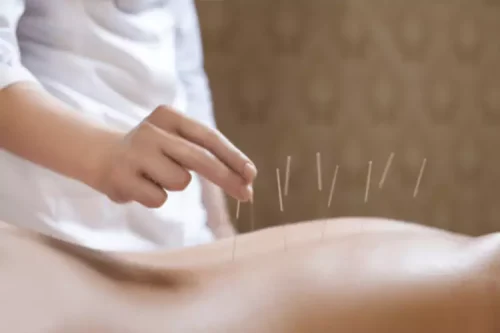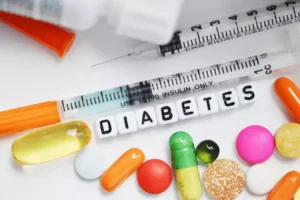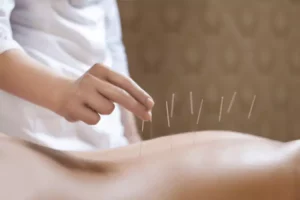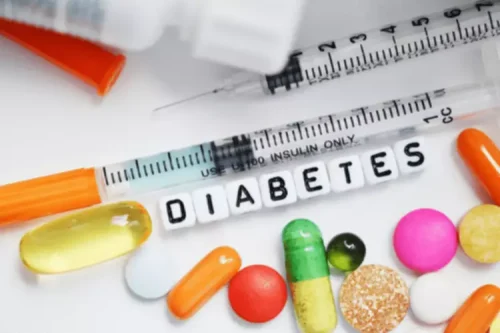
Withdrawal symptoms may not follow this exact chronology depending on factors such as duration and frequency of alcohol use. Alcohol use disorder or drinking heavily over an extended period can change a person’s brain chemistry due to continued exposure to the chemicals in alcohol. The first goal of treatment is to keep you comfortable by managing your symptoms. Your doctor’s treatment goal is helping you stop drinking as quickly and safely as possible.
What is the treatment for alcohol withdrawal?

The prognosis (outlook) for someone with alcohol withdrawal depends greatly on its severity. It’s important to be honest about your alcohol use — and any other substance use — so your provider can give you the best care. Towarnicki describes the approach as a calculated weighing of risks and benefits, similar to treatments for other health issues. Addiction treatment experts agree that finding medically supported avenues from alcohol use https://ecosoberhouse.com/ to sobriety can be challenging, even though effective treatments exist.

Health Conditions

The alcohol withdrawal protocol in medical detox involves multiple components. In a supervised medical care setting, you will receive round-the-clock monitoring and attention, as well as immediate medical support for severe or life-threatening alcohol withdrawal symptoms. If you are detoxing at home, anything beyond mild symptoms should trigger you to seek medical help. Delirium tremens (DTs) is a Drug rehabilitation serious condition that some people struggling with alcohol withdrawal go through.
Group Therapy & Counseling
The main ways to prevent alcohol withdrawal are to avoid alcohol altogether or to get professional help as soon as possible if you think you’re developing alcohol use disorder. Your healthcare provider will recommend and encourage treatment for alcohol use disorder. Dependence arises in a dose-dependent manner and produces withdrawal symptoms that vary with the type of drug that is consumed. For example, prolonged use of an antidepressant medication is likely to cause a rather different reaction when discontinued compared to discontinuation of an opioid, such as heroin. Withdrawal symptoms from opiates include anxiety, sweating, vomiting, and diarrhea. Alcohol withdrawal symptoms Cure for Alcohol Withdrawal Symptoms include irritability, fatigue, shaking, sweating, and nausea.
Supporting Long-Term Abstinence
It slows down brain function and changes the way your nerves send messages back and forth.
- If someone’s alcohol addiction is severe, the excitability that this imbalance in neurotransmitters causes can lead to more serious symptoms, like tremors, hallucinations, and even seizures.
- If you do drink, make sure to monitor yourself and take note of your drinking habits.
- Patients with mild to moderate withdrawal symptoms without additional risk factors for developing severe or complicated withdrawal should be treated as outpatients when possible.
- The safest way to prevent alcohol withdrawal is to avoid drinking alcohol altogether.
- Some people may also experience alcohol-related seizures, alternatively known as tonic-clonic seizures, which can occur 6 to 48 hours after stopping alcohol.
- Continued alcohol consumption causes changes in the central nervous system and neurotransmitter production in the brain.
Mental Health Resources
Around 5 percent of people withdrawing from alcohol suffer from delirium tremens, and this is definitely not a symptom that you should attempt to survive on your own. Most cases of delirium tremens require hospitalization in an intensive care unit to recover. As mentioned, peak withdrawal symptoms begin at the 24–72 hour mark. If you are not monitored or treated properly, you may enter severe withdrawal, including experiencing DT. Your healthcare provider will determine the right treatment plan for you.
Medicines called benzodiazepines can lessen alcohol withdrawal symptoms. Commonly used medicines in this group include chlordiazepoxide (Librium) and lorazepam (Ativan). Some doctors prefer phenobarbital over benzodiazepines to treat alcohol withdrawal symptoms.

Intensive outpatient programs have been shown to be very effective in helping people get and stay sober, so don’t dismiss them just because they are less time-intensive than inpatient or partial hospitalization programs. They can be a great option for people who have to work during the day, and are only available for treatment in the evenings. Alcohol is normalized in our society, but it’s actually a drug that has incredibly harmful effects on our health. Instead of being digested like regular food or drinks, alcohol is quickly absorbed into the bloodstream, which is why it makes us feel so uninhibited when we drink it. Alcohol withdrawal is one of the most dangerous types of withdrawal, and can even cause death in rare cases.

